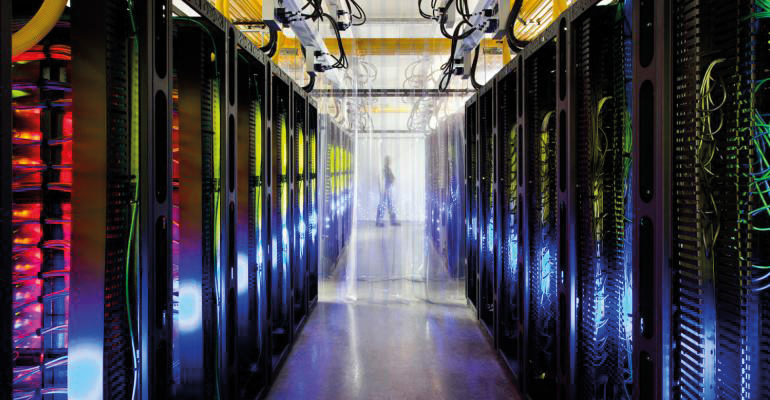
[dropcap]Ireland’s[/dropcap] €9.96 billion data economy drives forward a ‘best in Europe’ ambition for Irish data centres.
Despite its considerably low population and location on the western edges of Europe, Ireland has emerged as a huge player in the industry of data computing.
With 50 data centres located primarily in a small cluster in Dublin West, the industry has the potential to unlock a further €9.91 billion into the Irish economy through greater financial
investment and the acquisition of a highly skilled workforce.
With the prospects of employment bountiful in this sector, it hints towards a bright future for students graduating in the related sectors of Data Science and Computing.
According to Alan Smeaton, Professor of Data Science at Dublin City University, ‘the skills which our data scientists are gathering… are making their importance future-proofed’.
‘These skills will be essential, and it’s not just for the students taking the B.Sc. in Data Science but every other student who is doing a bit of data science in their work… sometimes called mathematics, or statistics, or visualisation, or data processing’.
Trends in this industry are difficult to predict and how it may further progress depends upon external factors such as the impact that Brexit may have on Irish Data Centres and the Irish economy as a whole.
Smeaton said, ‘there’s almost a guarantee that our predictions for our future will always be wrong and the only question is by how much they will be wrong’.
This growth in the data economy came about primarily due to expansion into cloud computing. Data centres such as Interxion are providing businesses with specialised clouds to suit all of their data needs.
Much of the attention of these data centres is geared towards dealing with ‘big data’ that has the power to determine trends within human interactions and behaviour.
According to Tanya Duncan, managing director of Interxion, a data centre in Grange Castle, Dublin, “We are really noticing that the sectors of finance, digital media and analytics and legal are increasing their presence in data centres.”
At a contentious time, where people are more cautious than ever with regards to protecting their data, businesses and people alike want transparency and to know exactly where their data is going.
Scandals such as the outing of Cambridge Analytica, harbouring the data of 50 million Facebook users, demonstrate the fact that data must be protected and dealt with correctly.
Aine O’Boyle
Image Credit: Data Centre Knowledge



